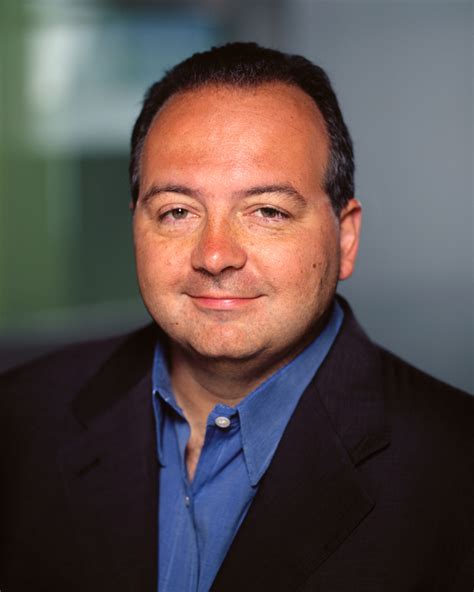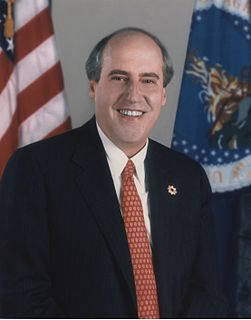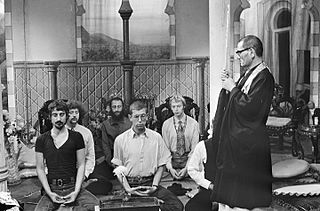A Quote by Michael Specter
Consumers deserve the right to know what's in their food - and obviously, most people want that choice. It's hard to see how more knowledge about the products we eat every day can hurt us.
Related Quotes
Eat by Choice, Not by Habit combines the author's humor, deep compassion for others and knowledge about food in a way that makes me eager to follow her lead toward healthy eating-and more importantly, toward a healthy attitude about eating. She aptly teaches us all to frame our food issues in a language that is both liberating and comforting.
Make the most of every moment. Get excited about every little thing. Why not? Why not have your wonderful moment of excited anticipation? Why not be happy NOW? This is my greatest challenge, but something I'm pouring my heart into: learning how to enjoy what I have, right here, right now. Every moment is precious and although sometimes I struggle to see it, I see it more and more every day.
Those of us who think about what we eat, how it's grown, those of us who care about the environmental impact of food - we've been educated by fabulous books, like Fast Food Nation and documentaries like Food Inc. But despite these and other great projects that shine a critical light on the topic, every year the food industry spends literally tens of millions of dollars to shape the public conversation about our food system.
Behavior influences consciousness. Right behavior means right consciousness. Our attitude here and now influences the entire environment: our words, actions, ways of holding and moving ourselves, they all influence what happens around us and inside us. The actions of every instant, every day, must be right...Every gesture is important. How we eat, how we put on our clothes, how we wash ourselves, how we go to the toilet, how we put our things away, how we act with other people, family, wife, work - how we are: totally, in every single gesture.
Every woman who has had experience with sexual violence of any kind has not just pain, and not just hurt, but has knowledge. Knowledge of male supremacy. Knowledge of what it is. Knowledge of what it feels like. And can begin to think strategically about how to stop it. We are living under a reign of terror. Now what I want to say is that I want us to stop accepting that that's normal. And the only way that we can stop accepting that that's normal is if we refuse to have amnesia everyday of our lives.
Basically, you know, write the book you want to read, be the band you want to hear, grow the food you want to eat, create the world you want to live in, and so on and so on. I think this translates well for how Christians should approach their present-day situation where the current goal of most everyone, Christian or not, seems to be to procure power.
The people who benefit from this state of affairs have been at pains to convince us that the agricultural practices and policies that have almost annihilated the farming population have greatly benefited the population of food consumers. But more and more consumers are now becoming aware that our supposed abundance of cheap and healthful food is to a considerable extent illusory.
































